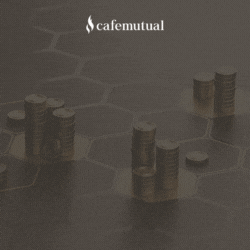In a move that could help the super rich investing in mutual funds, direct equity, PMS and AIFs, the government has withdrawn enhanced surcharge imposed on super rich only to the extent of LTCG and STCG arising out of transfer of equity shares or units.
Announcing this at a press conference, Nirmala Sitharaman said , “In order to encourage investment in the capital market, it has been decided to withdraw the enhanced surcharge levied by Finance (No.2) Act, 2019 on long/short term capital gains arising from transfer of equity shares/units referred in section 111A and 112 A respectively.”
Earlier in the Union Budget, the government had imposed higher taxes for individuals who earn more than Rs. 2 crore a year. For individuals with taxable income between Rs.2 crore and Rs.5 crore, the surcharge (charged on top of the applicable income tax rate) was increased from 15% to 25%. The government has also increased surcharge on individuals with taxable income of over Rs.5 crore a year to 37%. With this, the effective tax rate for these two groups stood at 39% and 42.74%, respectively.
Before the budget, individuals having income between Rs.50 lakh and Rs.1 crore had to pay surcharge of 10% and investors having income of Rs.1 crore and above were paying surcharge of 15%.
These tax slabs were applicable to both regular and special income. While regular income includes income from salary, business income or house property, special income takes into account income from long term capital gains or short term capital gains from investments such as mutual funds, equity and fixed income.
With the latest announcement, individual having special income will have to pay surcharge of 10% and 15% for income between ‘Rs.50 lakh and Rs.1 crore’ and ‘Rs.1 crore and above’, respectively. However, the relaxation is only applicable to the transfer of units of equity-oriented funds and shares.
For instance, if a mutual fund investor books LTCG of Rs.6 crore, he will now have to pay LTCG of 10%+ surcharge of 15%+ 4% cess instead of 10%+ surcharge of 37%+ 4% cess.
Simply put, the effective rate of LTCG and STCG on MFs, direct equity, PMS and AIFs, which were increased to 14.25% and 21.37%, respectively, will now be 11.96% and 17.94%, respectively.
Please note that equity fund investors have to pay a 10% tax on long-term capital gains above Rs.1 lakh per annum. The LTCG made till January 31, 2018, however, remains grandfathered, i.e., those gains remains tax-exempt.







